GHC and mental illness: what community can offer
 Depression’s power is its ability to leave its sufferers feeling isolated. Although depression is best dealt with by professional clinicians, Highlands provides many outlets for its students to reach out. Regardless of the outlet, the first step is admitting that there is a problem and seeking out help.
Depression’s power is its ability to leave its sufferers feeling isolated. Although depression is best dealt with by professional clinicians, Highlands provides many outlets for its students to reach out. Regardless of the outlet, the first step is admitting that there is a problem and seeking out help.
Dustin Brown is a student at the Cartersville Highlands campus who has suffered from depression since sixth grade. He also suffers from ADHD and anxiety. Though Brown’s struggle is ongoing, he says he has made progress in dealing with his mental illnesses.
“My issues don’t stem from my ADHD, my issues stem from my environment that I was in as a kid,” says Brown. He grew up in a military household and says, “Not being able to make friends for years messes with your psyche.”
Brown has a large group of friends at Highlands and he says that this group has been a massive positive impact in his life. Being a part of a group with a family dynamic has allowed him to talk about his issues more freely and openly.
Brown says, “It is a great coping mechanism to have that support system… and that’s one of the biggest things with depression and mental illness, in general, is being able to have a support system.”
Brown was institutionalized due to his intention to commit suicide in high school, which led him to therapy. He has been with a therapist for almost three years now, which he wants to share as the answer to mental illness. He believes the biggest issue for those who are suffering in silence is the social stigma of reaching out and getting help.
“With suicide and depression, you are at your most alone,” Brown said, “You do not think that there’s anyone else who understands, but the thing is that is blatantly not true.”
Although Brown has not utilized the services that the Student Support Services offer, he does know someone who has received counseling by the student counselor at the Cartersville campus. He said this friend greatly enjoyed being able to talk to a professional and visited the student counselor frequently.
GHC recognizes September as Suicide Awareness Month and October 10 as World Mental Health Day. Although these dates have passed, students have access to several active groups and faculties for mental health.
Student Support Services, or SSS, offers student counseling to all students free of charge during the academic year. Sessions are offered both one-on-one and in a group setting, and can be walk-in or scheduled.
Kevin Fitzsimmons, a counseling intern for the SSS of GHC, hosts three groups via zoom. These are groups available to all GHC students, except for Breaking The Mold, which is a male only group.
Your Story Matters is an opportunity designed for students suffering in silence. It allows students to anonymously share experiences on mental health/illness with peers.
Work/Life Balance is a group designed to talk about exactly that. Life as a college student is stressful and can be extremely draining on anyone.
Breaking The Mold is a group that Fitzsimmons is hosting. Unlike the other groups, which are open to all GHC students, this is a more intimate group available only to male students. This group is intended for men to come together to share their experiences, bond in brotherhood, and provide support for each other. Unlike the other groups, this group will only be open until November to join. Fitzsimmons’s idea behind closing the group off so early is to create a close-knit group of men. A group where its members are comfortable sharing their personal experiences and without judgement. Diversity is strongly encouraged in this group, as it creates the broadest range of experiences to be shared.

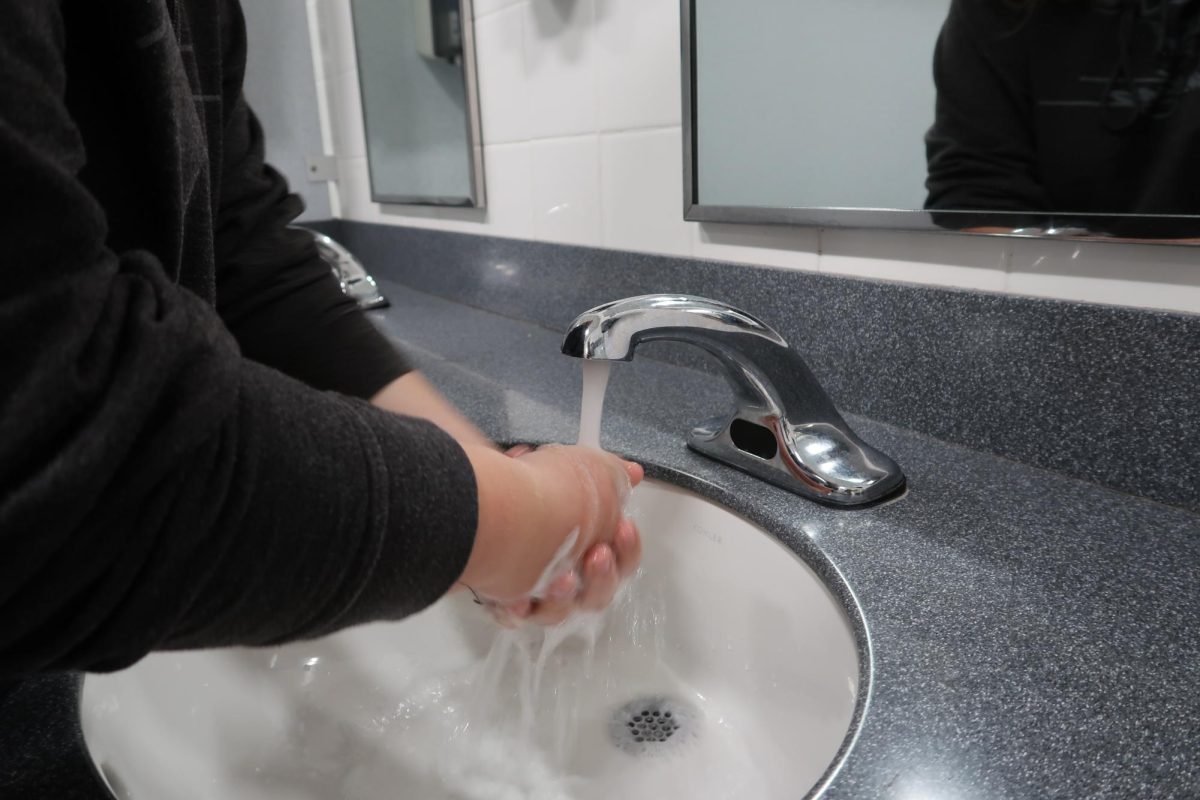
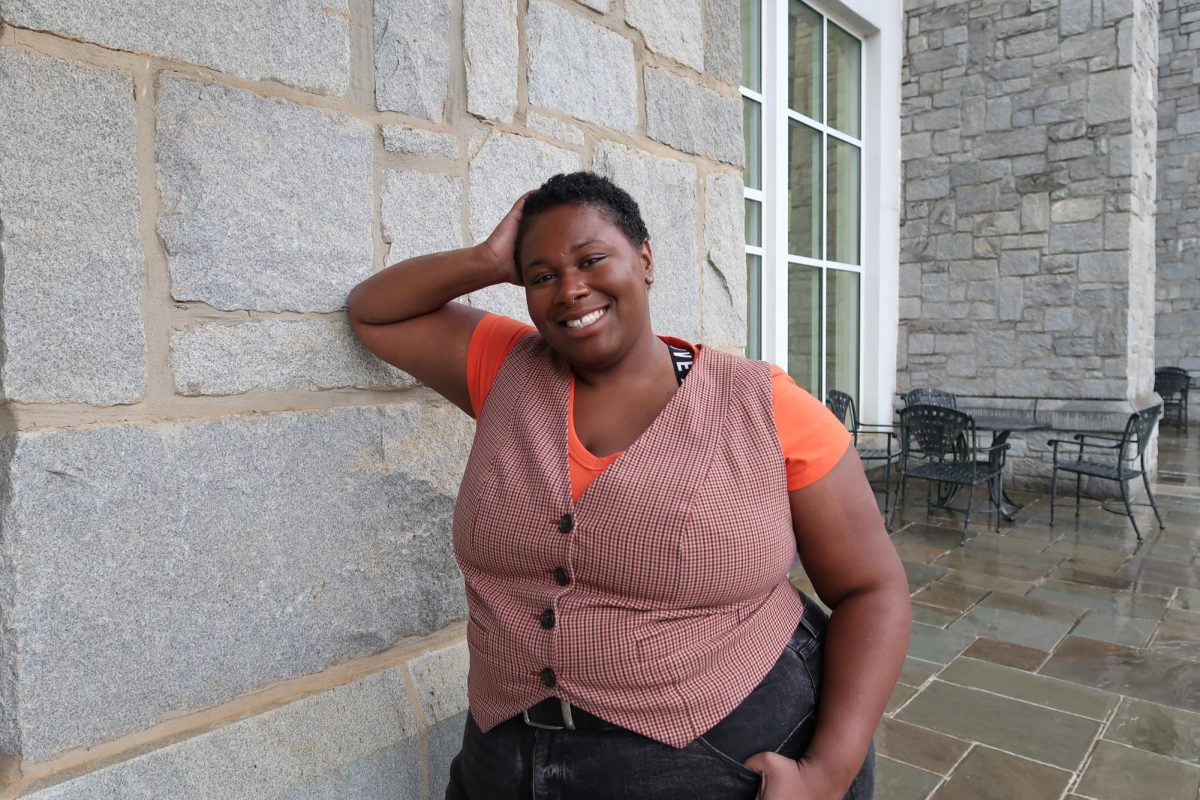
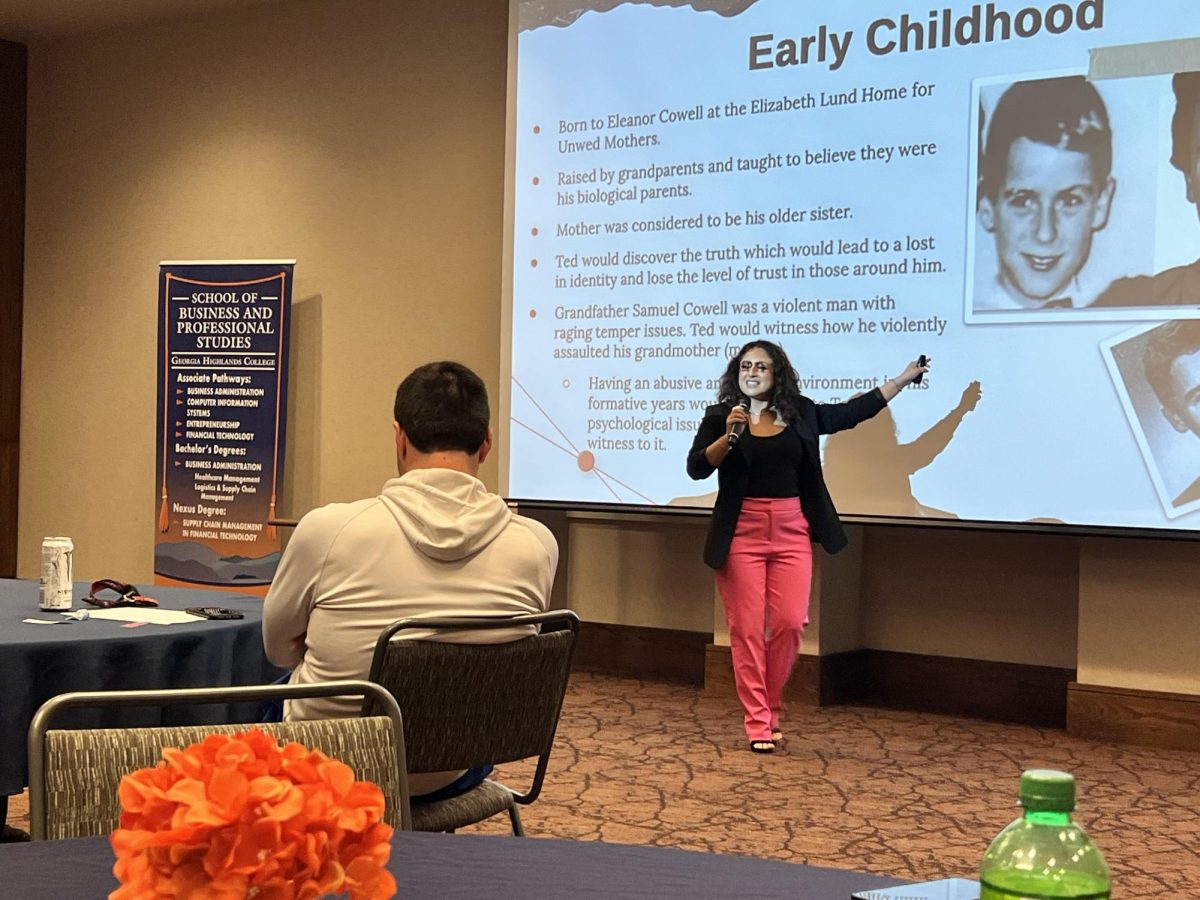
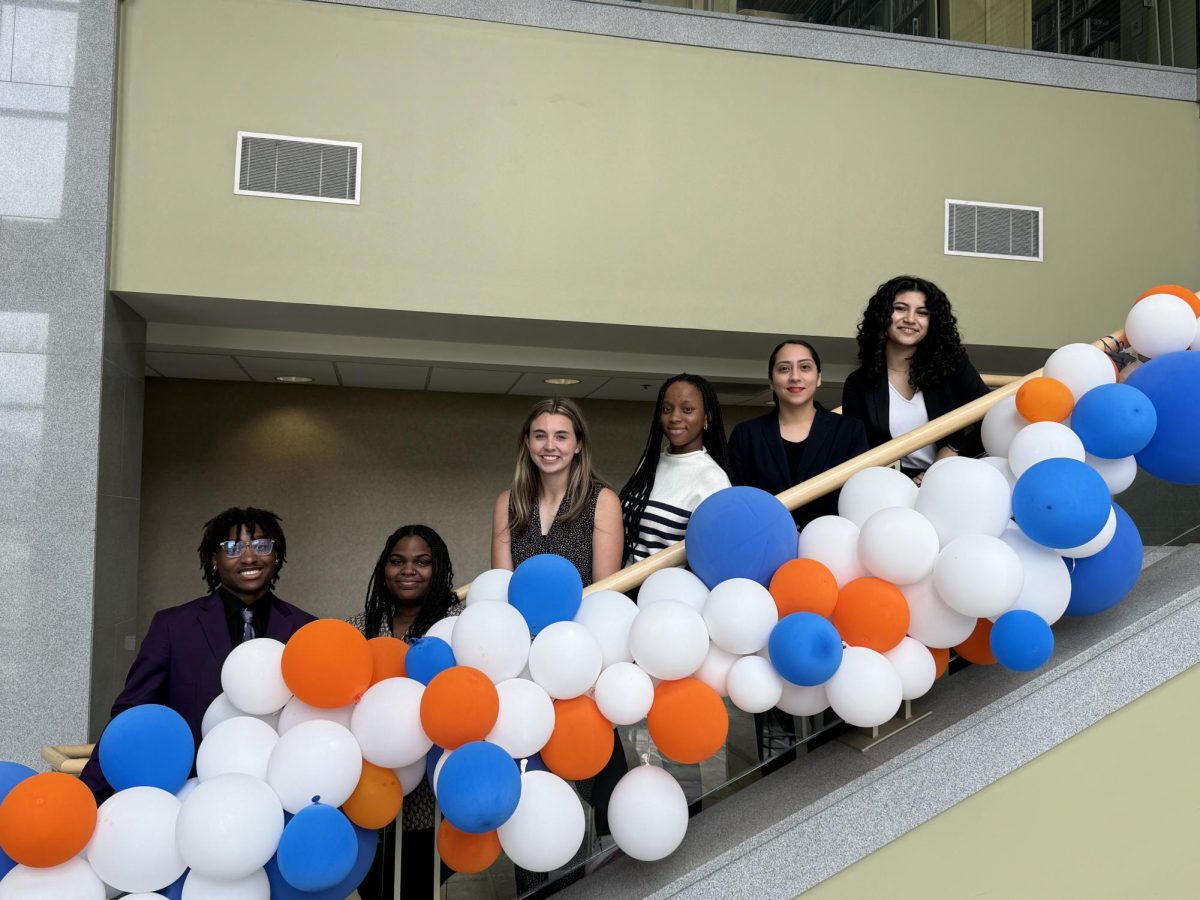
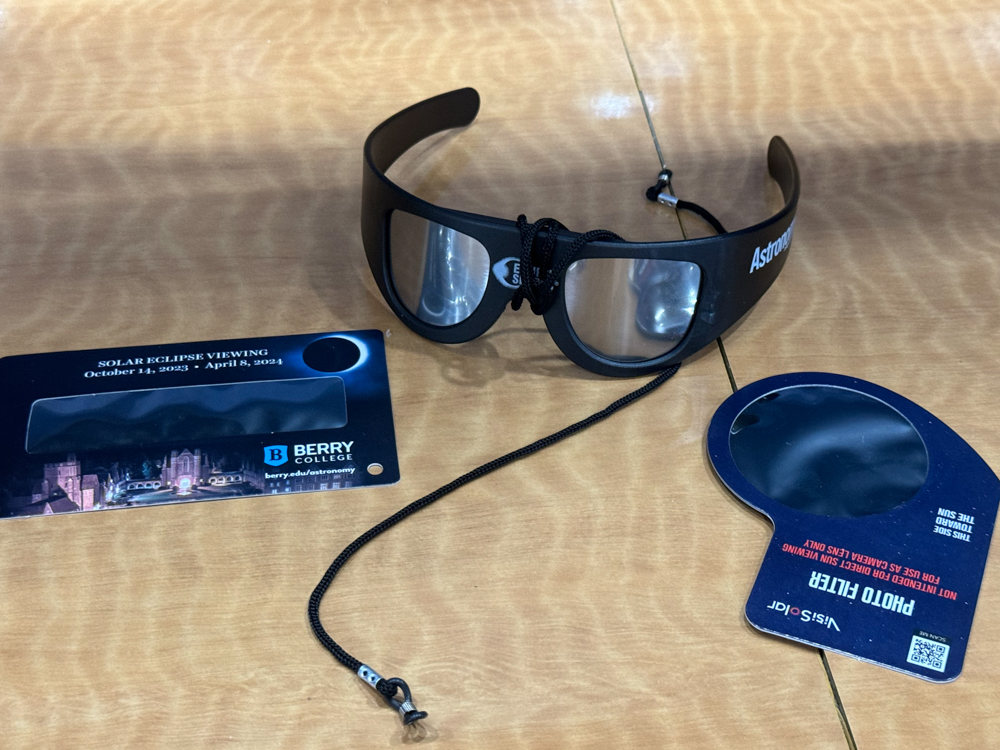
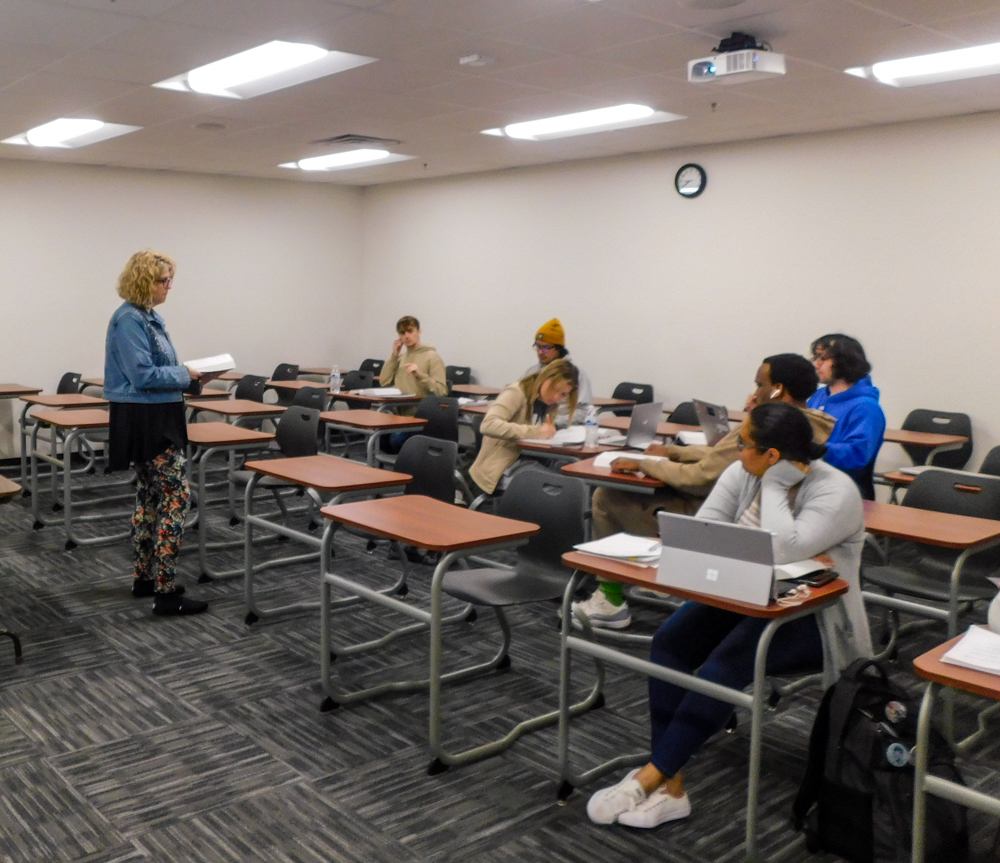
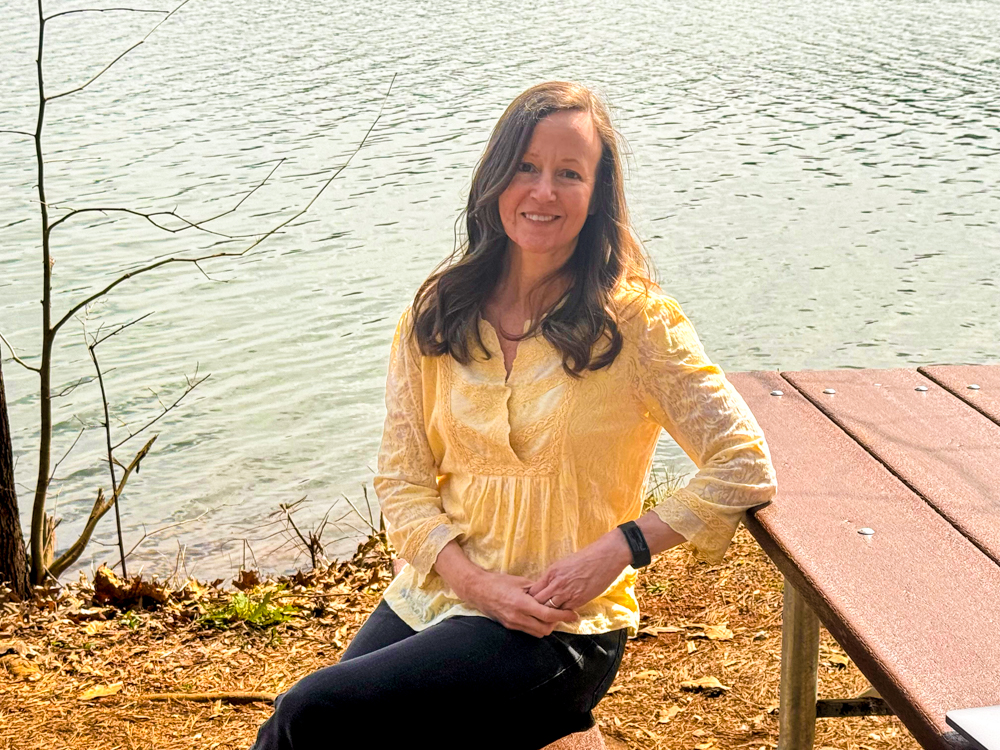
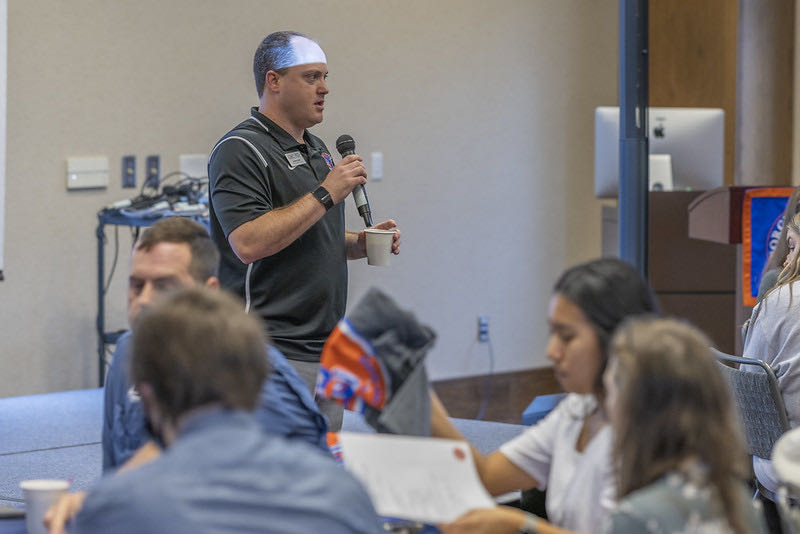
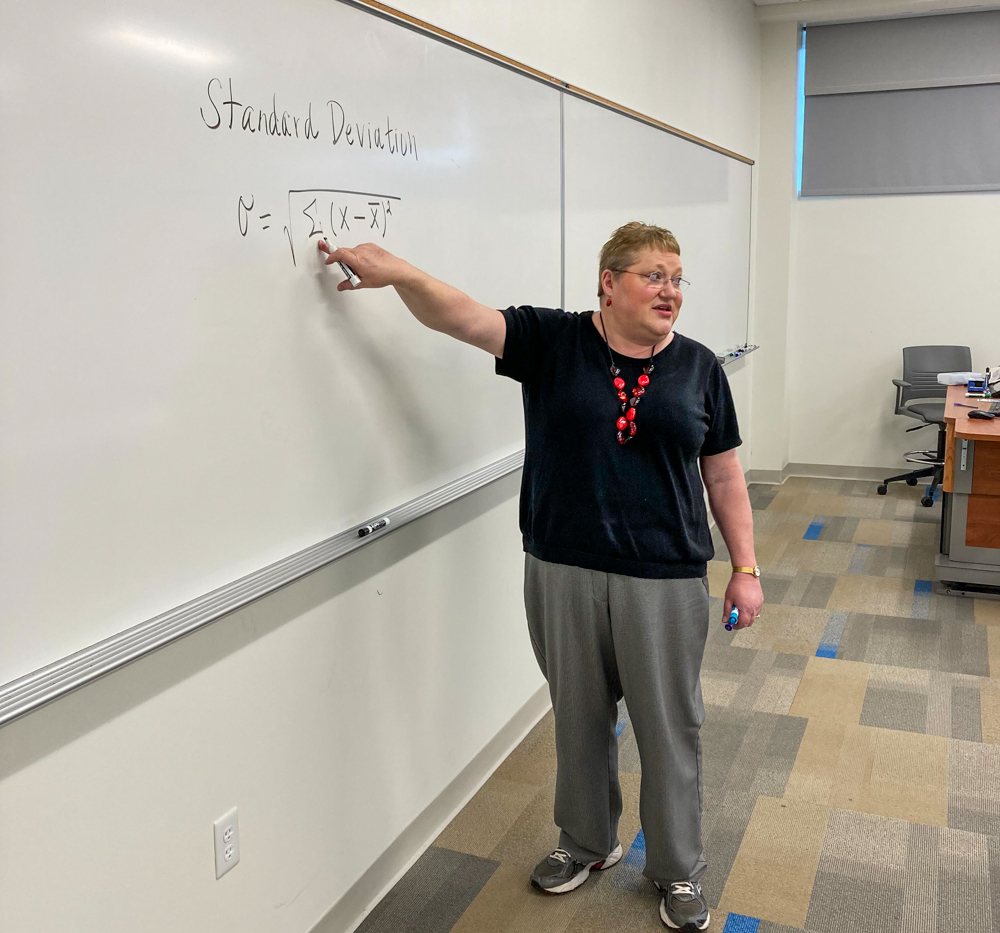
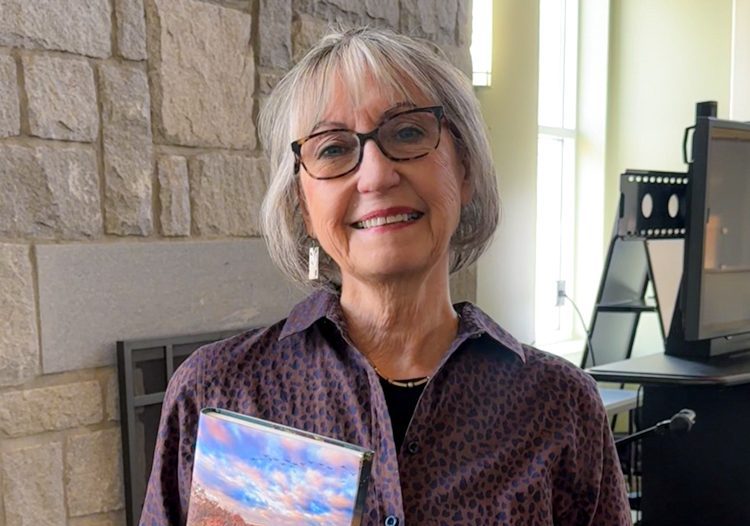
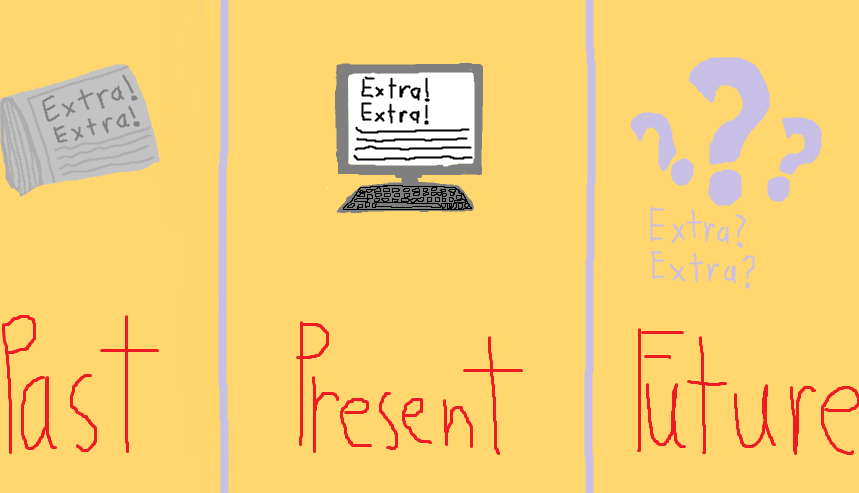
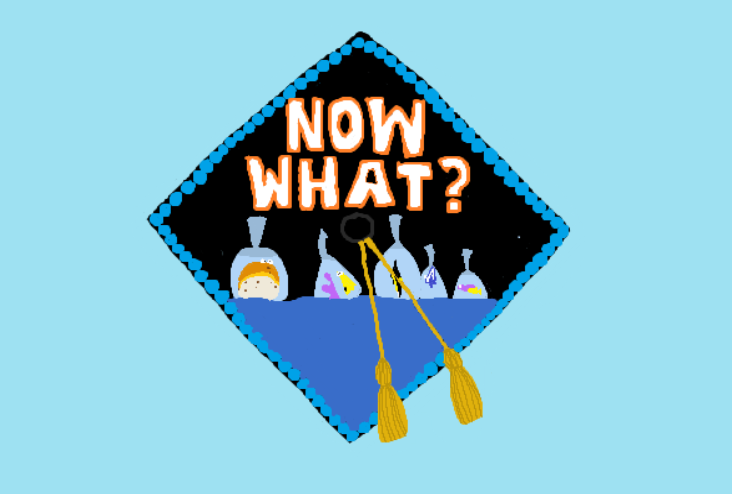
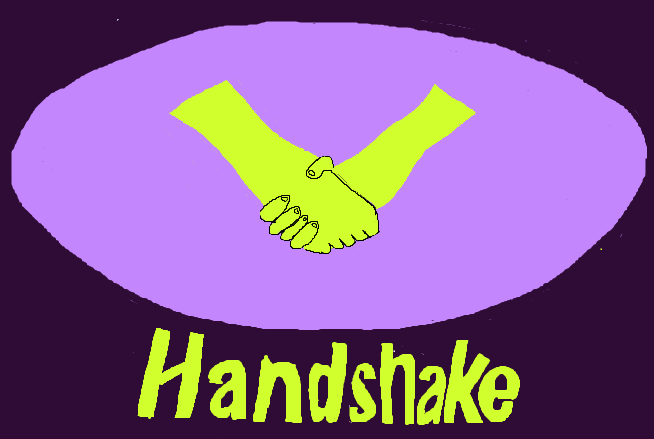
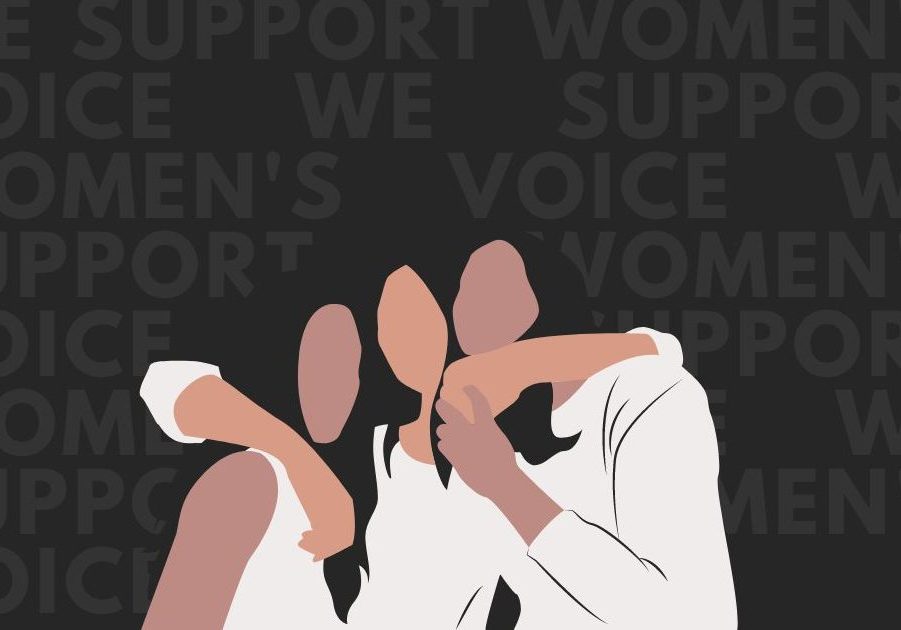
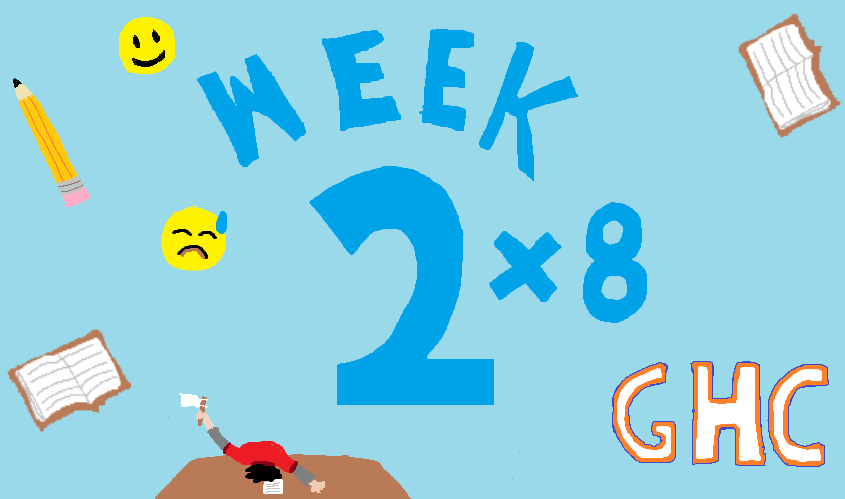




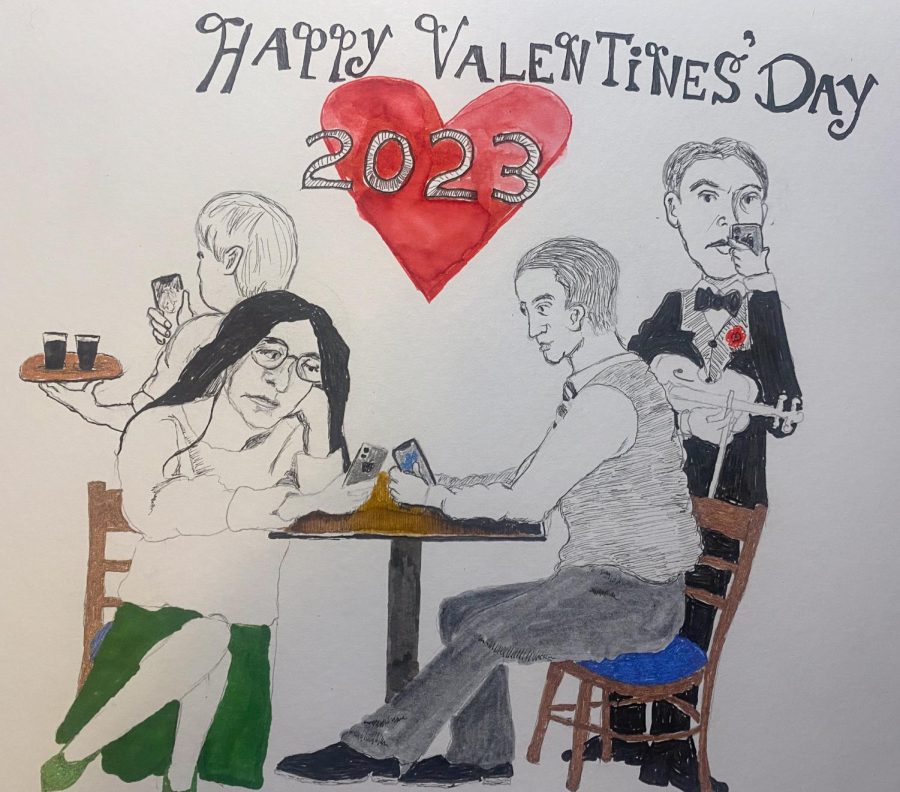
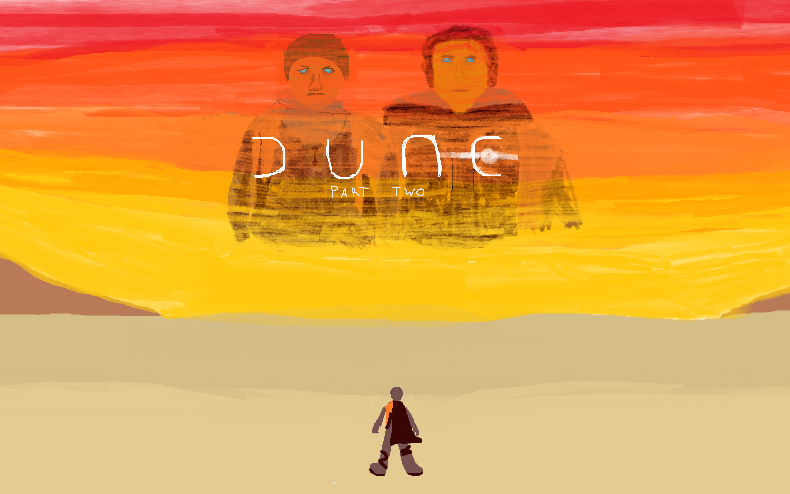
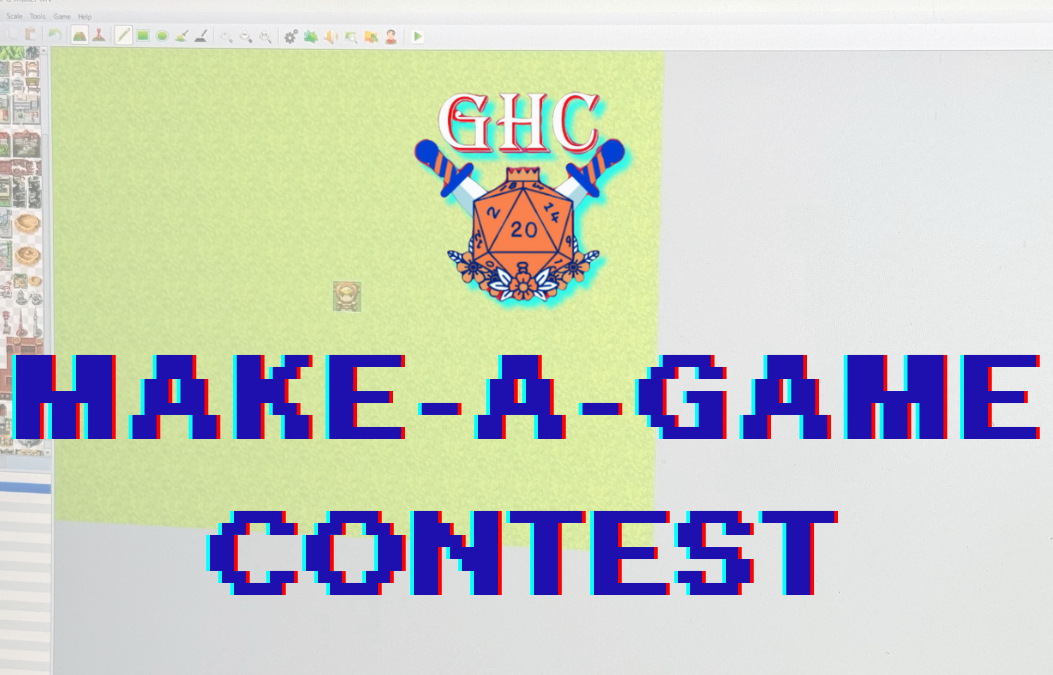
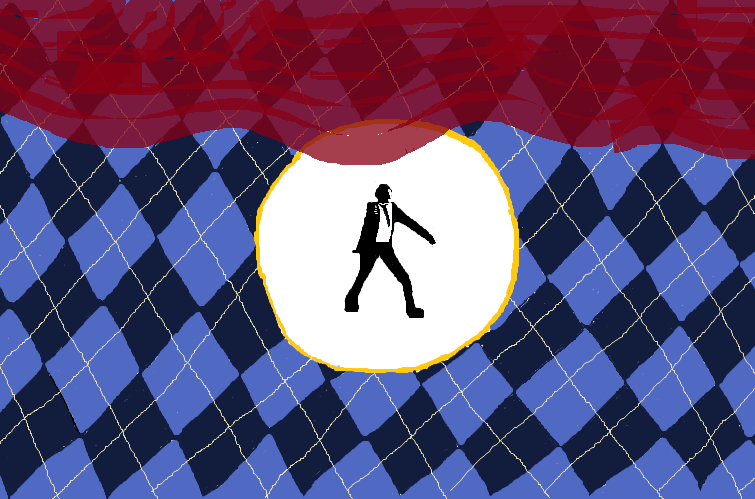
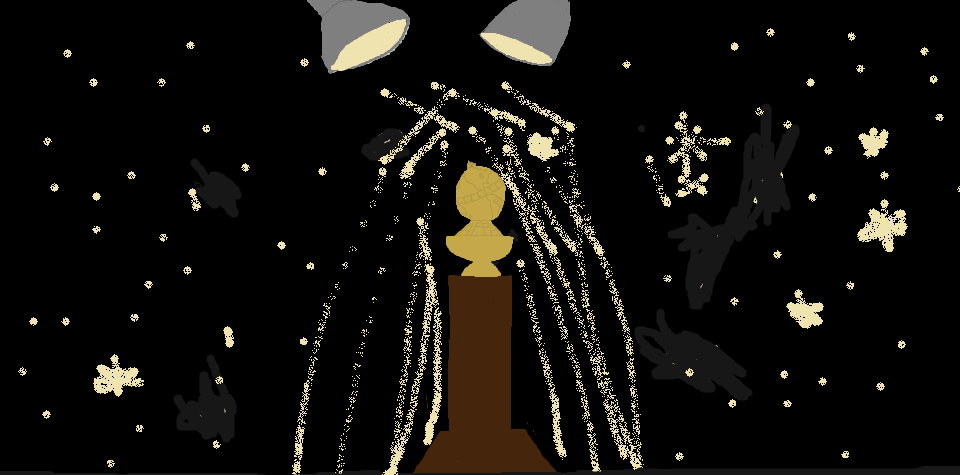
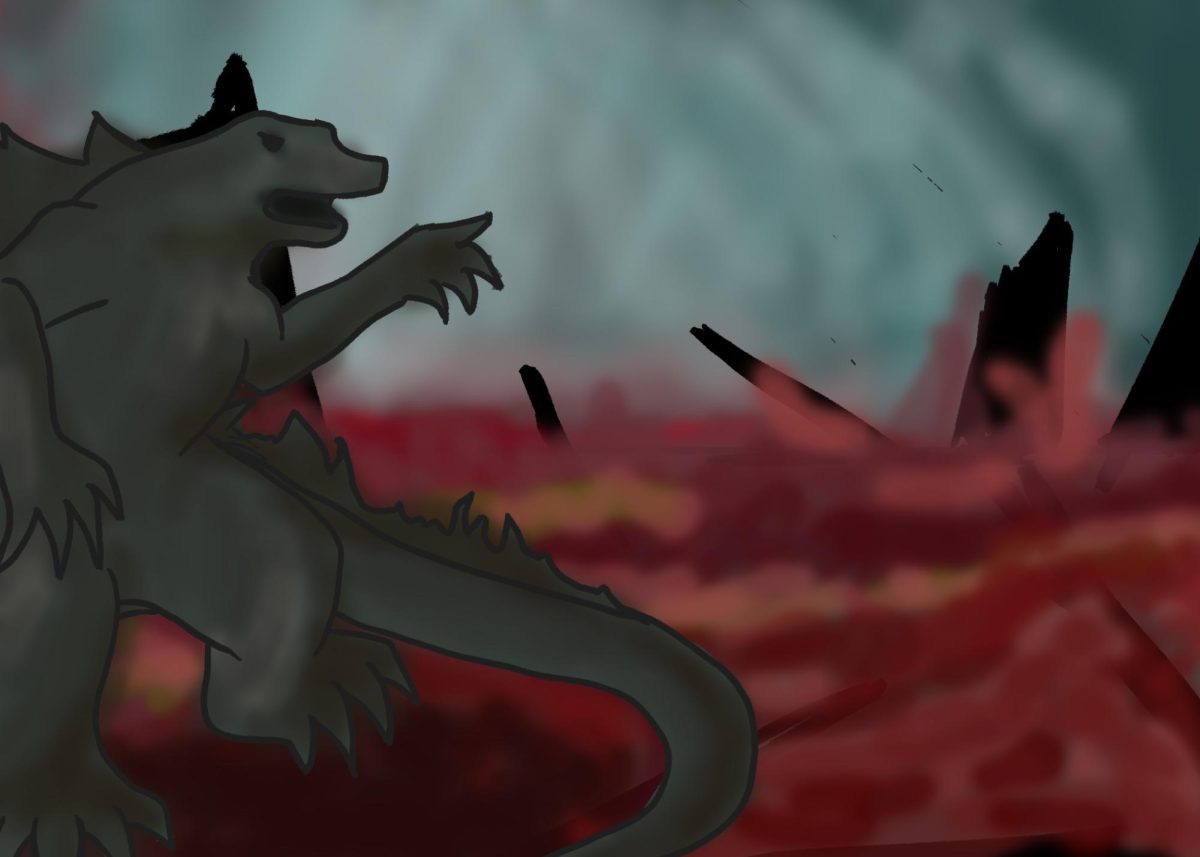

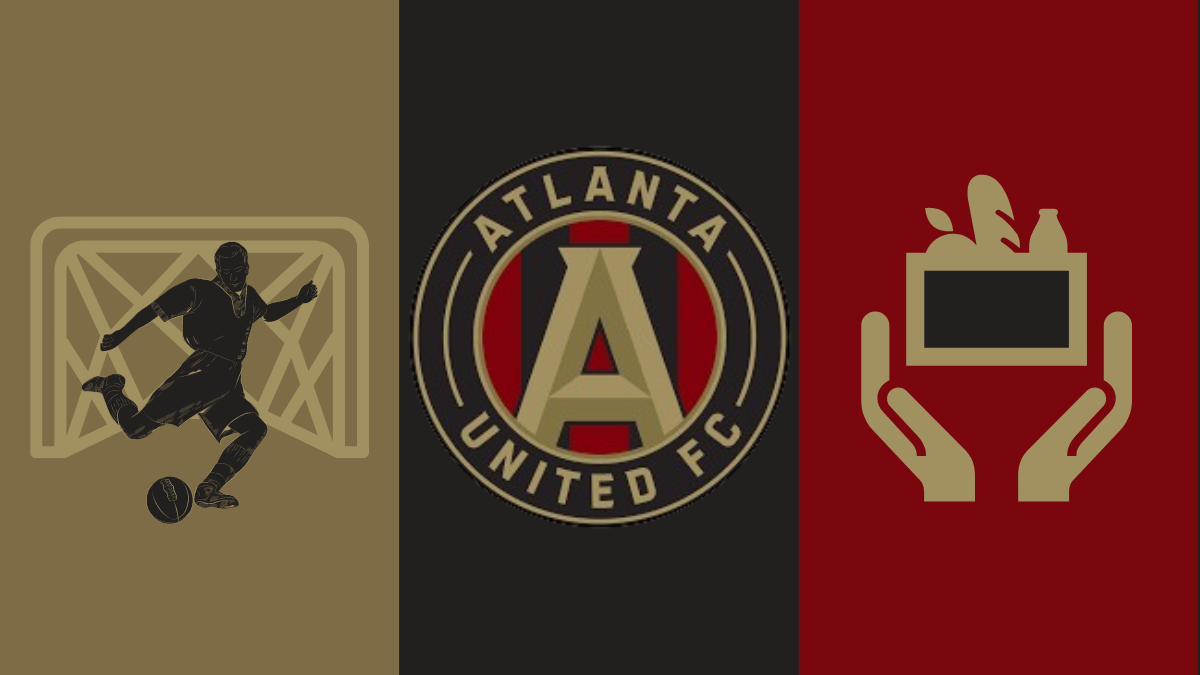
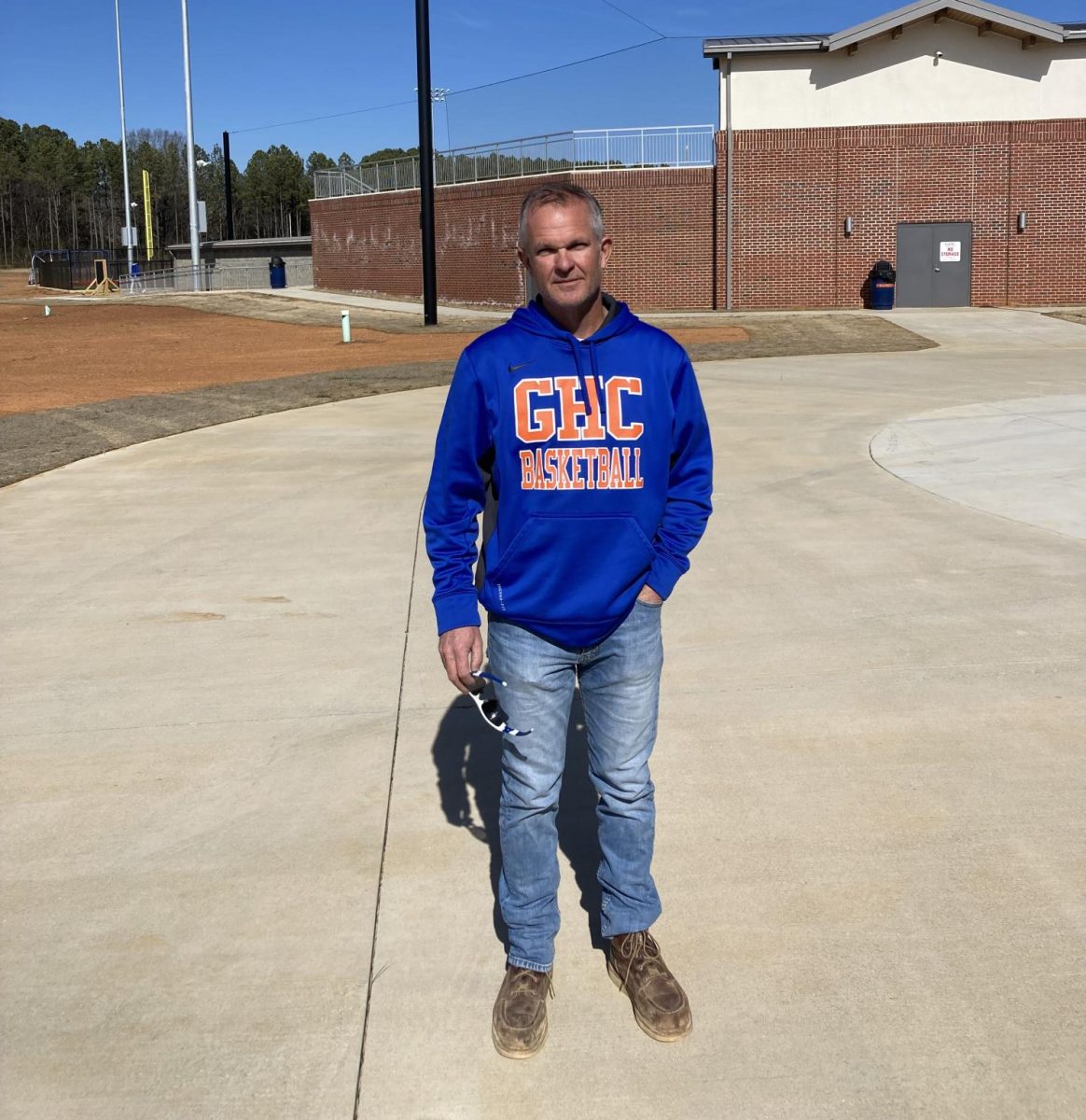
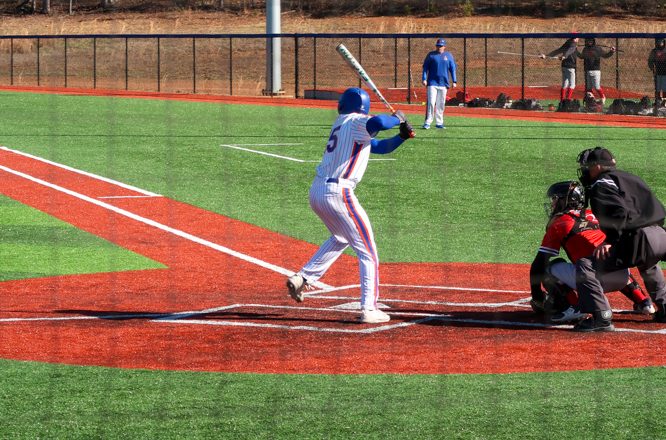








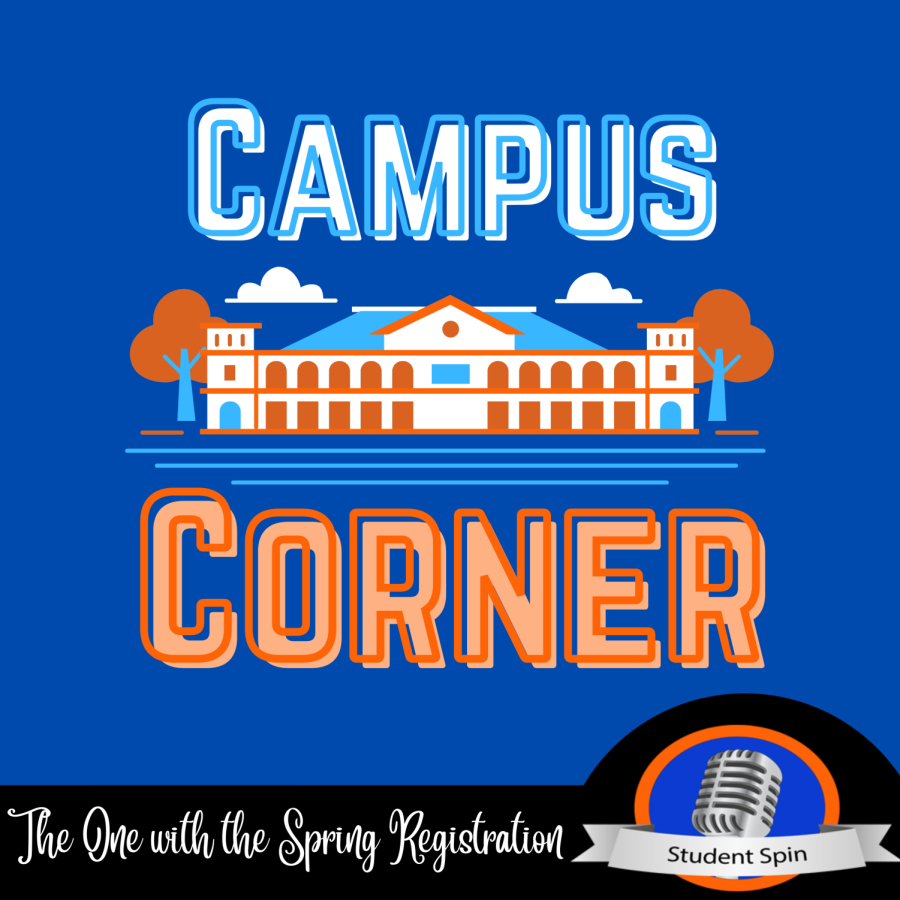
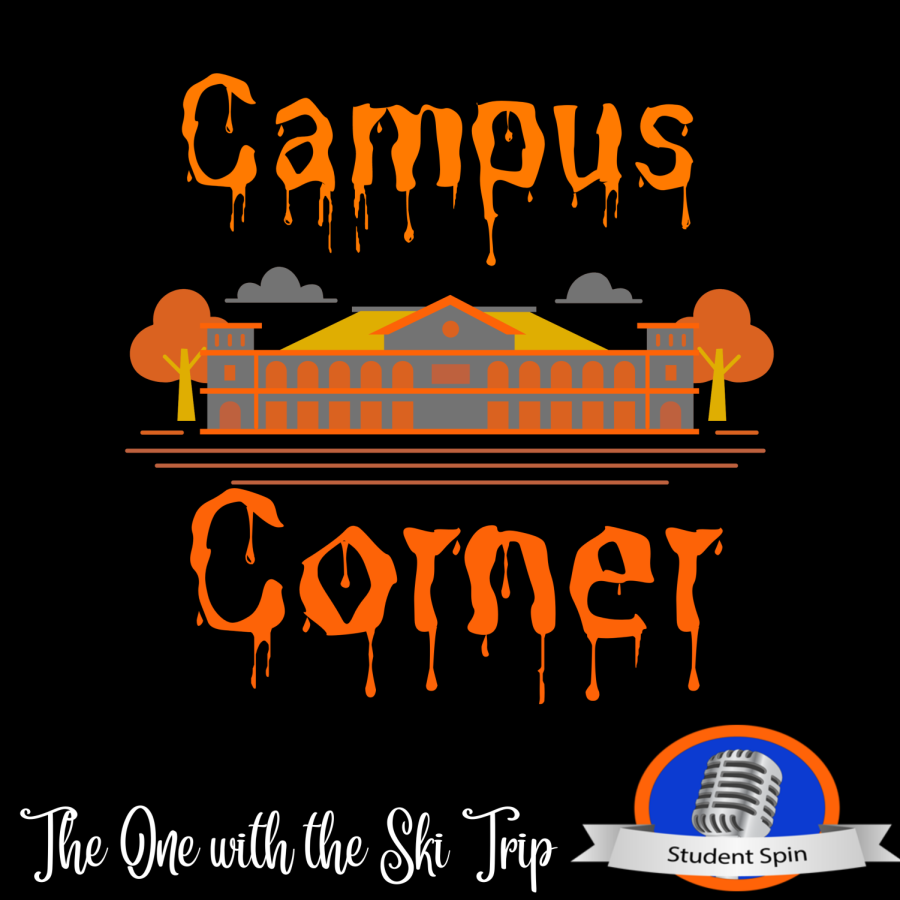
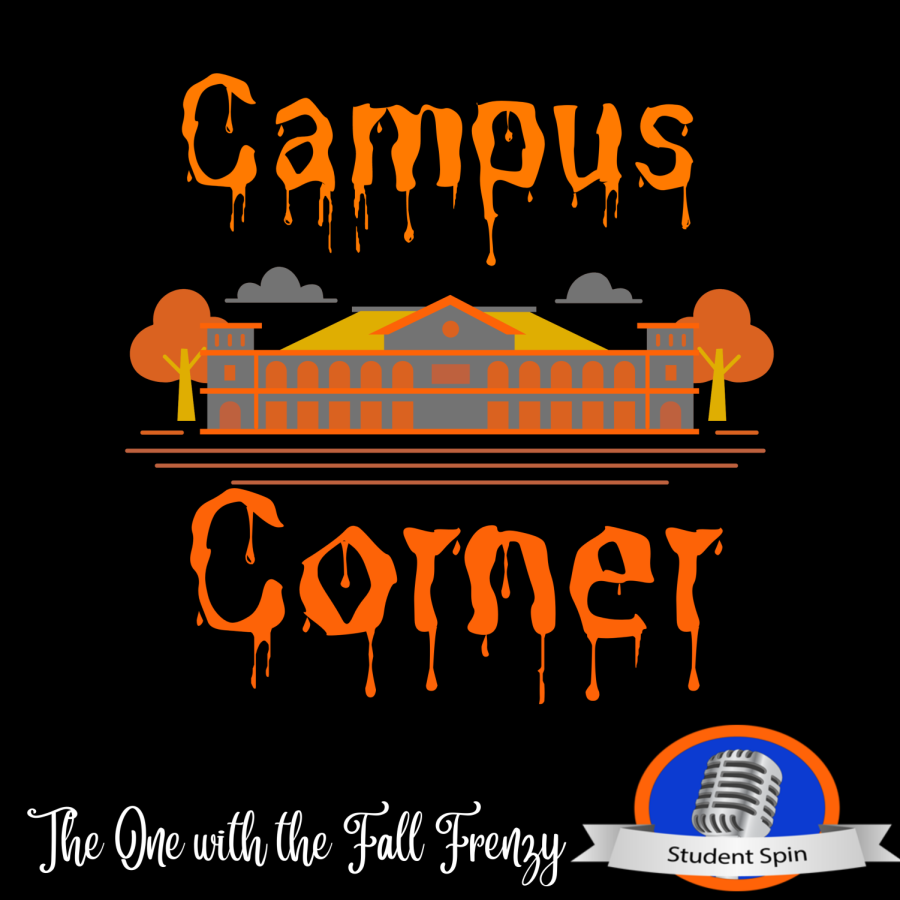























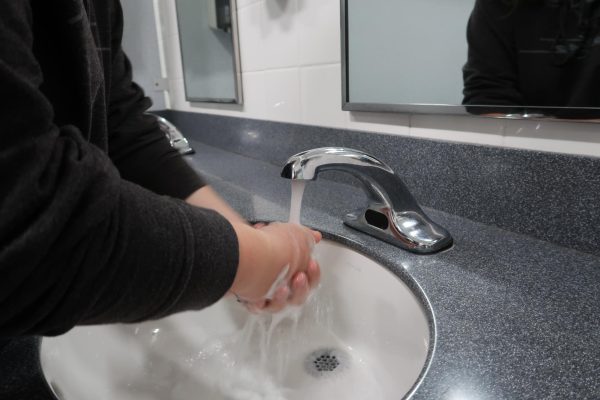
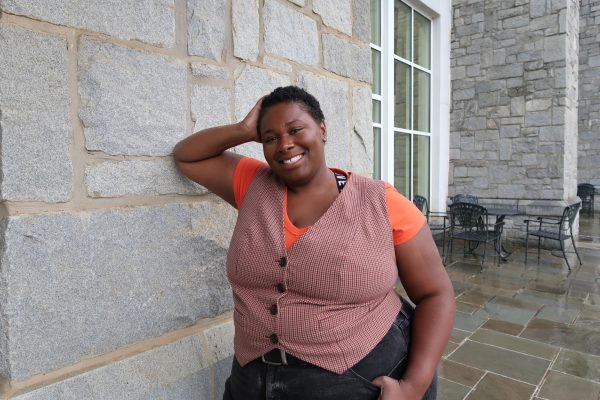
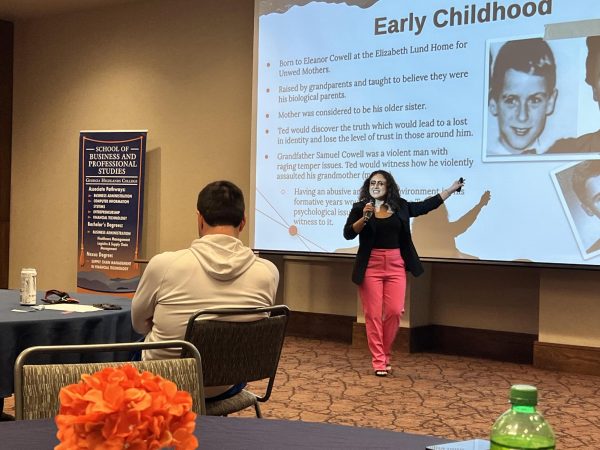
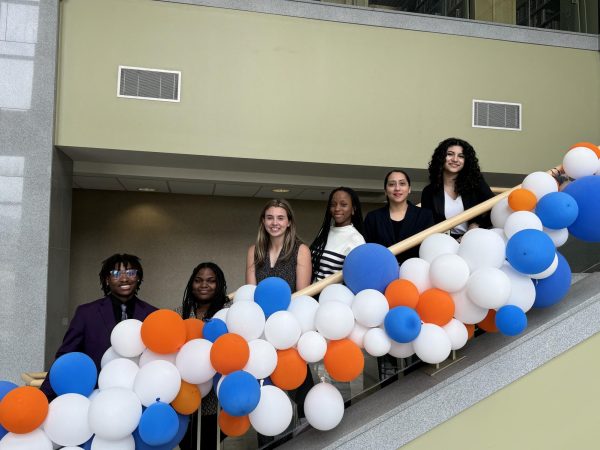
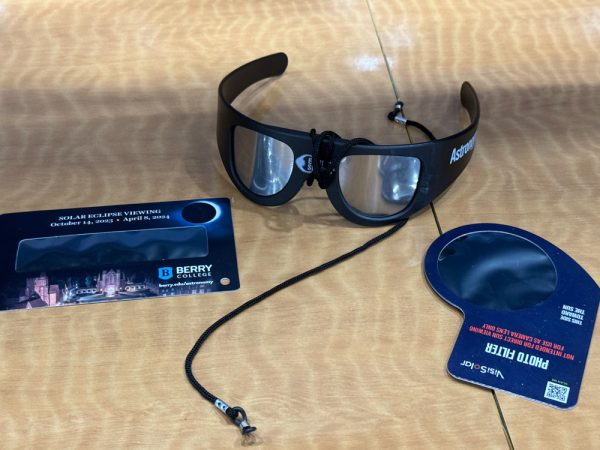
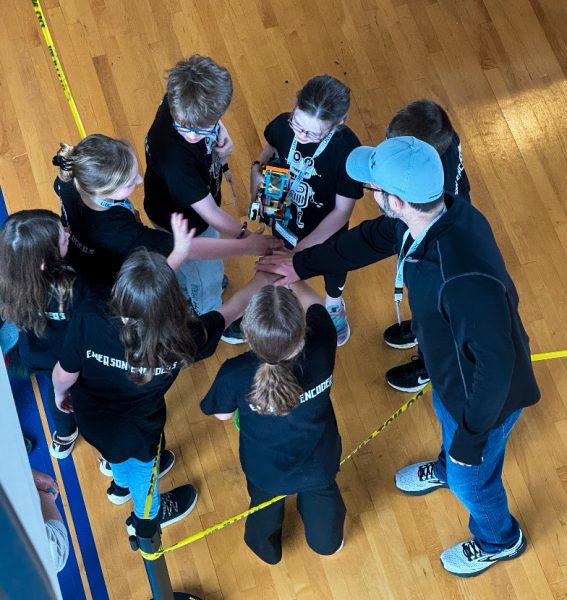
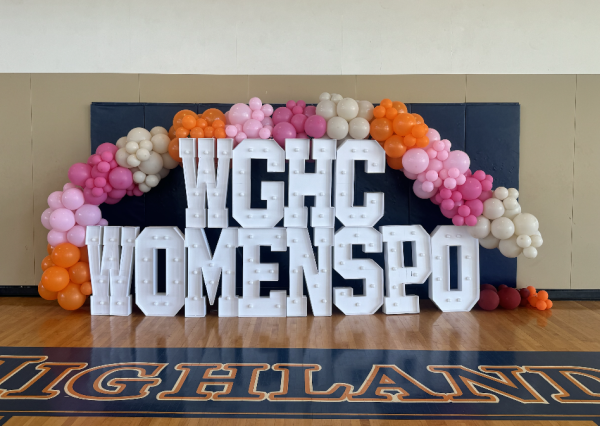
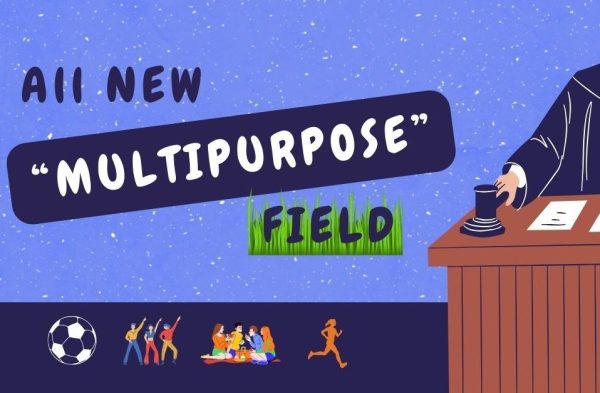
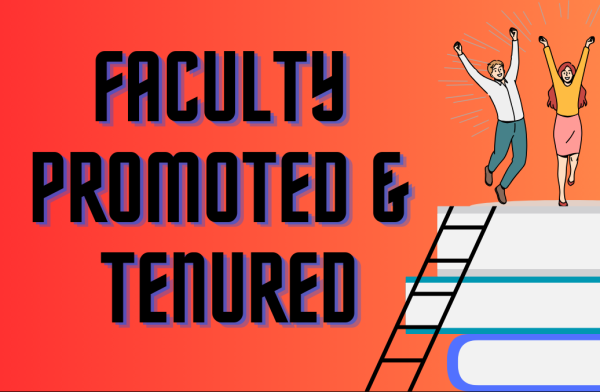
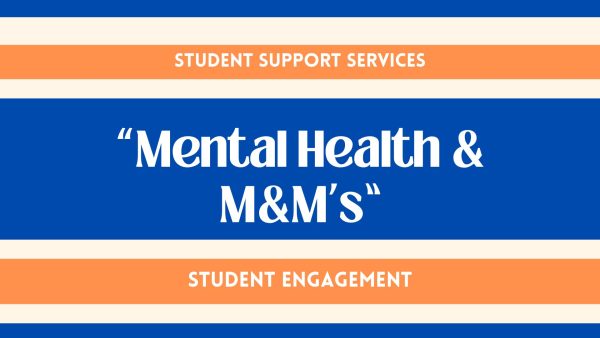
Aaron Dewey • Oct 24, 2020 at 12:10 pm
An exceptional article by an exceptional young man.
Excellent in content and expression. Keep up the good work.
“Poppy”
Harold A Maio Maio • Oct 23, 2020 at 2:49 am
Re:”Stigma”
We can assign power to those taught and teaching that prejudice or decline to do so. I see no value in assinging them power.
Harold A Maio